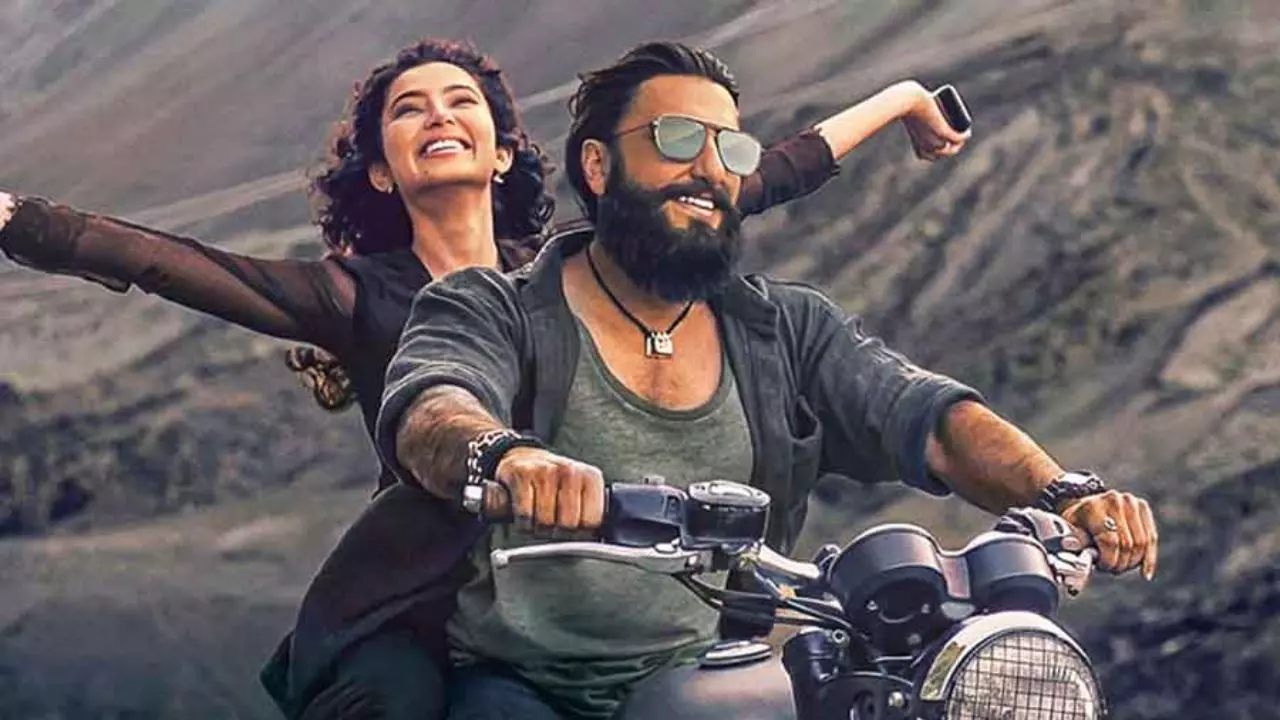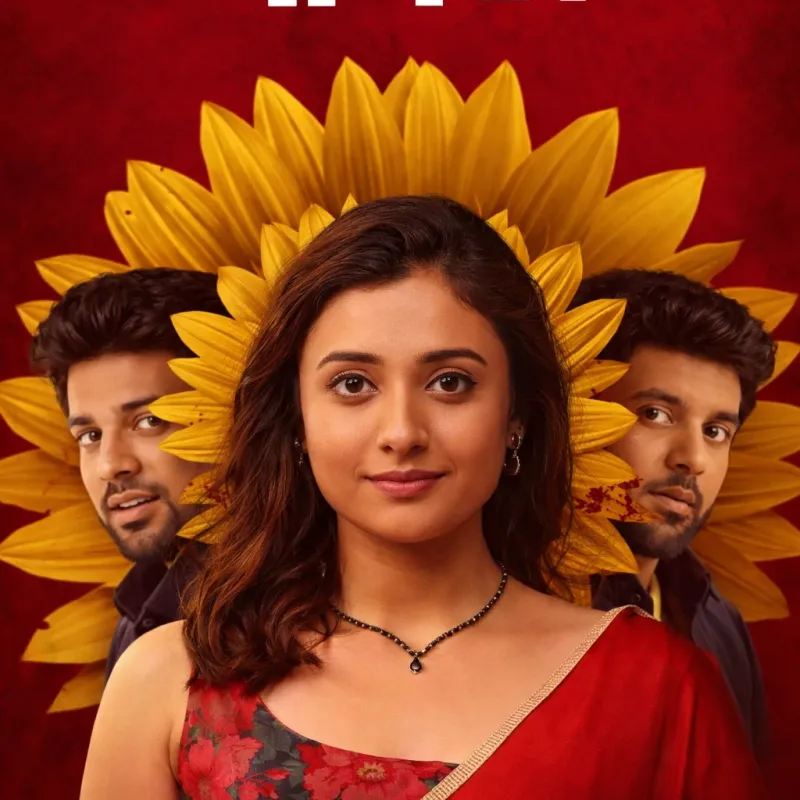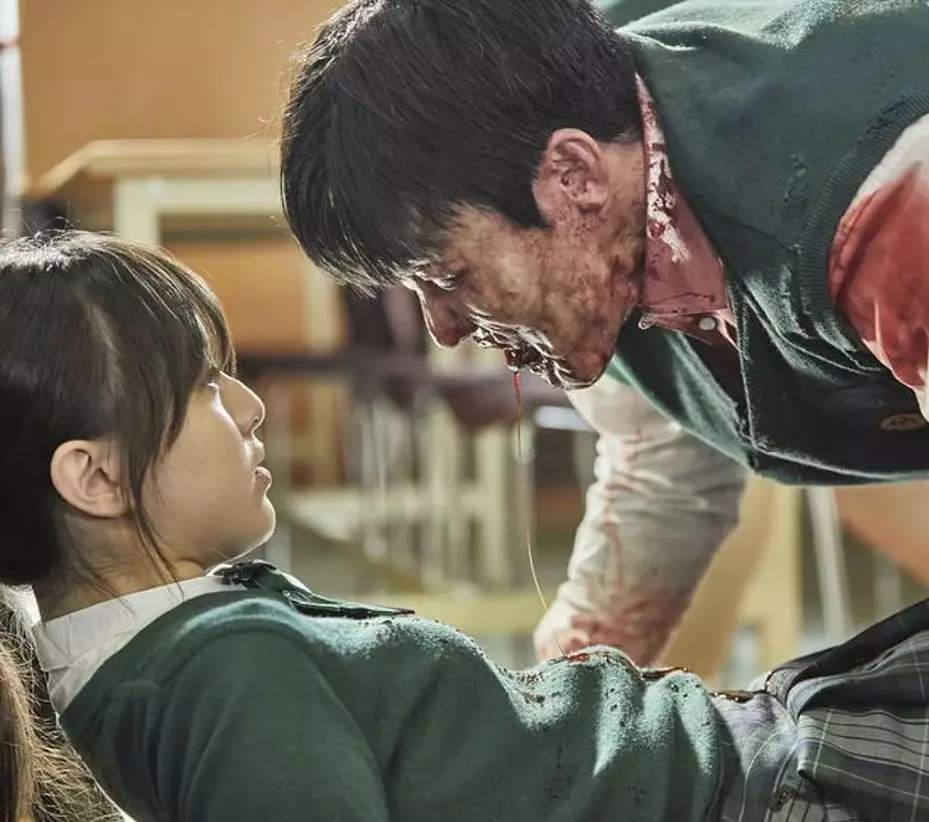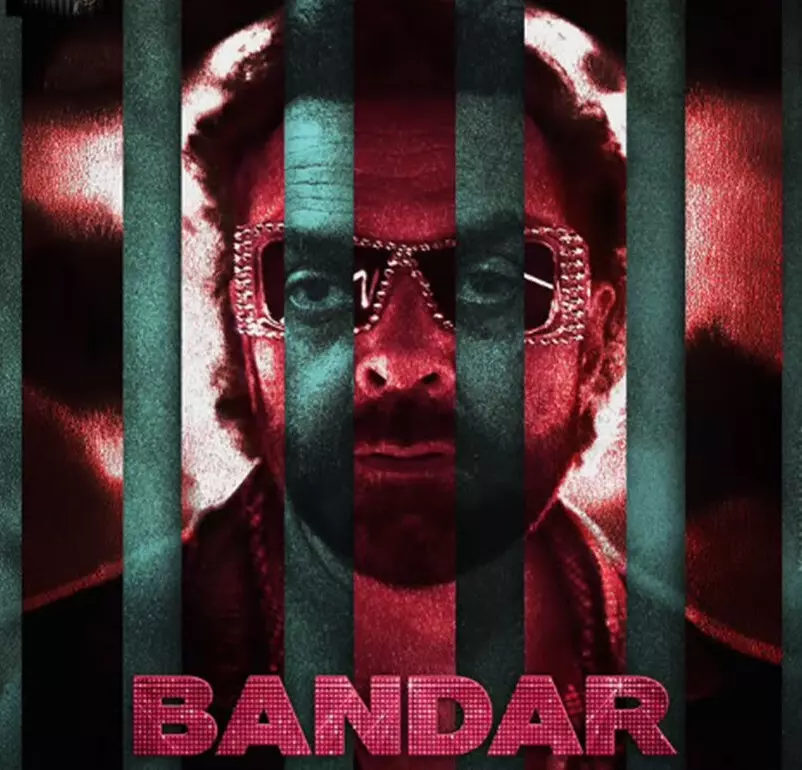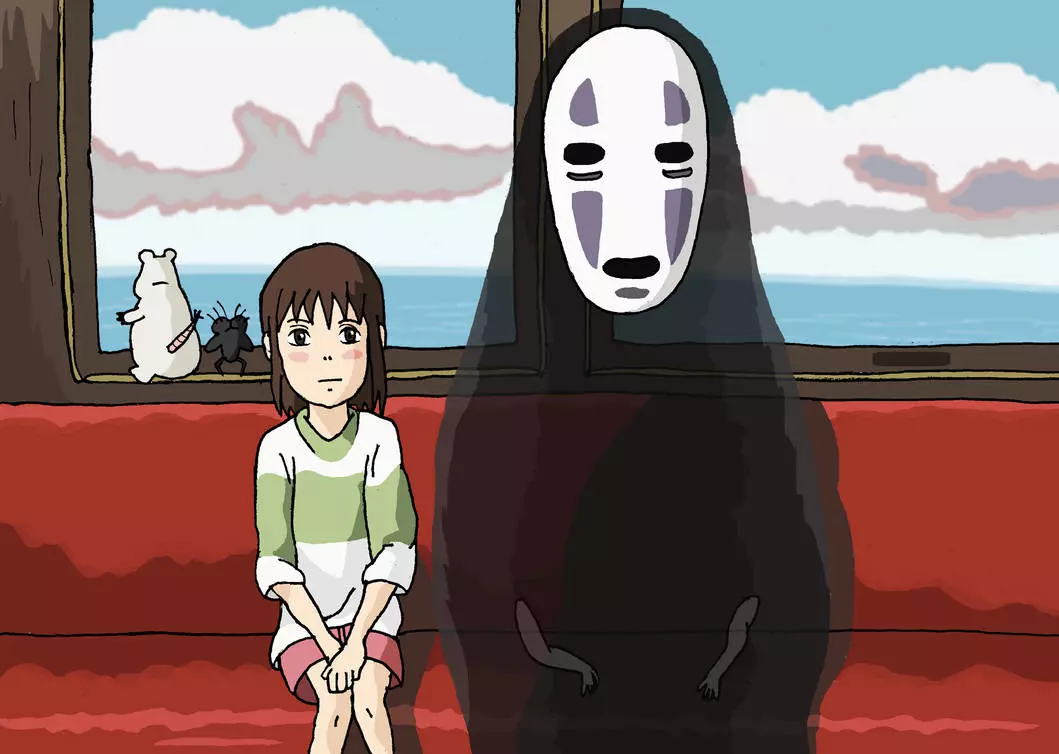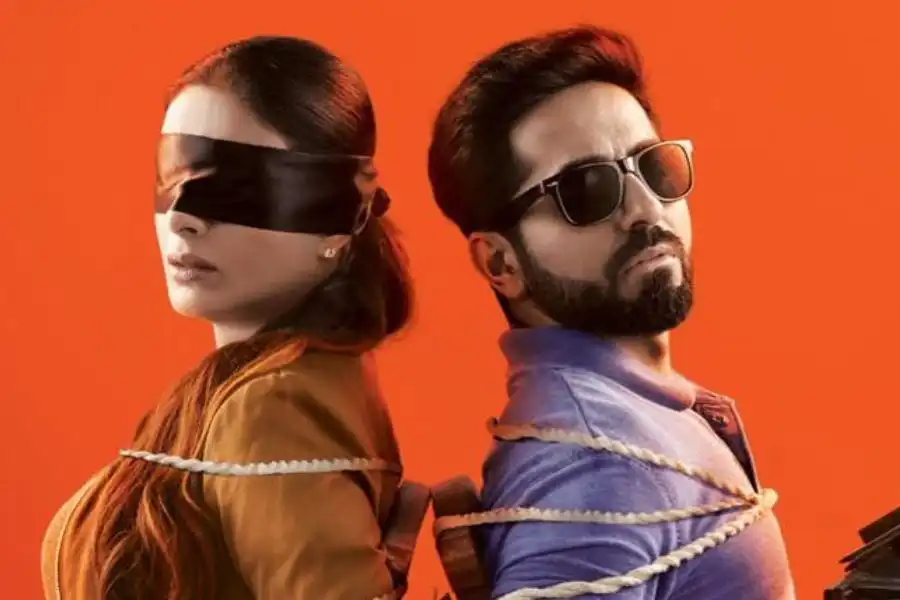Table of Content
Even those who don't closely follow film news are aware of the global impact RRR had on SS Rajamouli’s career. In 2022, the film became a massive success, making Rajamouli a global sensation. He was seen everywhere, from film festivals in Toronto to theaters in Japan, a notoriously difficult market dominated by Rajinikanth for years. He celebrated the 'Naatu Naatu' Oscar win with the song’s composer M M Keeravani, along with family and cast members. It was a period dominated by RRR and SSR.
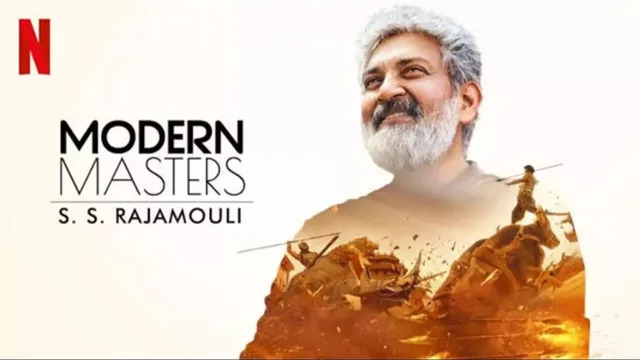
| Release date | 2 August 2024 |
| Critic's Rating | 2.5/5 |
| Director | Raghav Khanna |
| Cast | S S Rajamouli |
| Duration | 74 minutes |
These moments are captured in the documentary "Modern Masters," produced by Applause Entertainment and the newly-formed Film Companion Studios, and directed by Raghav Khanna. The film features extensive interviews conducted by veteran film journalist Anupama Chopra with Rajamouli, his stars (Prabhas, Ram Charan, Jr NTR, Rana Daggubati), and admirers like Karan Johar and James Cameron. They all praise Rajamouli's methods and creativity
Calling a current director a ‘modern master’ sets a celebratory tone for this 74-minute documentary, which is largely complimentary. This tone prevents any critical questioning of Rajamouli; even when a critical perspective of RRR is briefly mentioned, it isn’t thoroughly explored, leaving Rajamouli to give a meandering response.
Given the film’s purpose—to celebrate one of India's most influential filmmakers who has achieved significant recognition in the West both in terms of box office numbers and awareness—expecting a critical analysis is unrealistic.
The documentary shines when it delves into Rajamouli’s personal and professional life, particularly his interactions with his ‘nearest and dearest’. His wife and colleague Rama’s comment about his manic holiday planning is amusing. The film also showcases Rajamouli’s competent acting in behind-the-scenes clips and highlights his meticulous attention to detail, even concerning minor actors.
However, the documentary could benefit from more insights into his lesser-known works. It mentions his early attempts at creating mytho-magical-fantasy worlds in the 2009 film Magadheera, which paved the way for the grand scale of Bahubaali. It also touches on his wildly entertaining 2012 film Eega, a unique revenge saga featuring a fly. More detailed exploration of these films, which established him among Indian cinephiles, would enhance the documentary.
A deeper analysis of how Rajamouli, a filmmaker from the Telugu industry with its specific constraints, managed to transcend these barriers and become a pan-Indian director with Bahubaali and its sequel would be valuable. Understanding his journey and the factors contributing to his success would provide a richer context. Moreover, exploring how the massive success of RRR might influence India’s cinematic reputation globally would add depth to the documentary.
Also read: Federer Twelve Final Days movie review: A farewell for tennis’ GOAT
.webp)

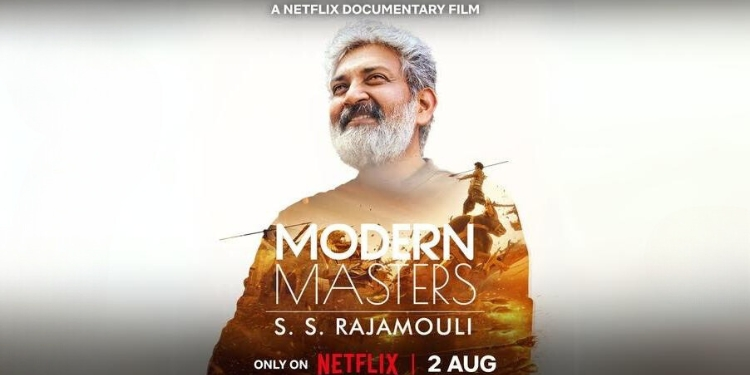
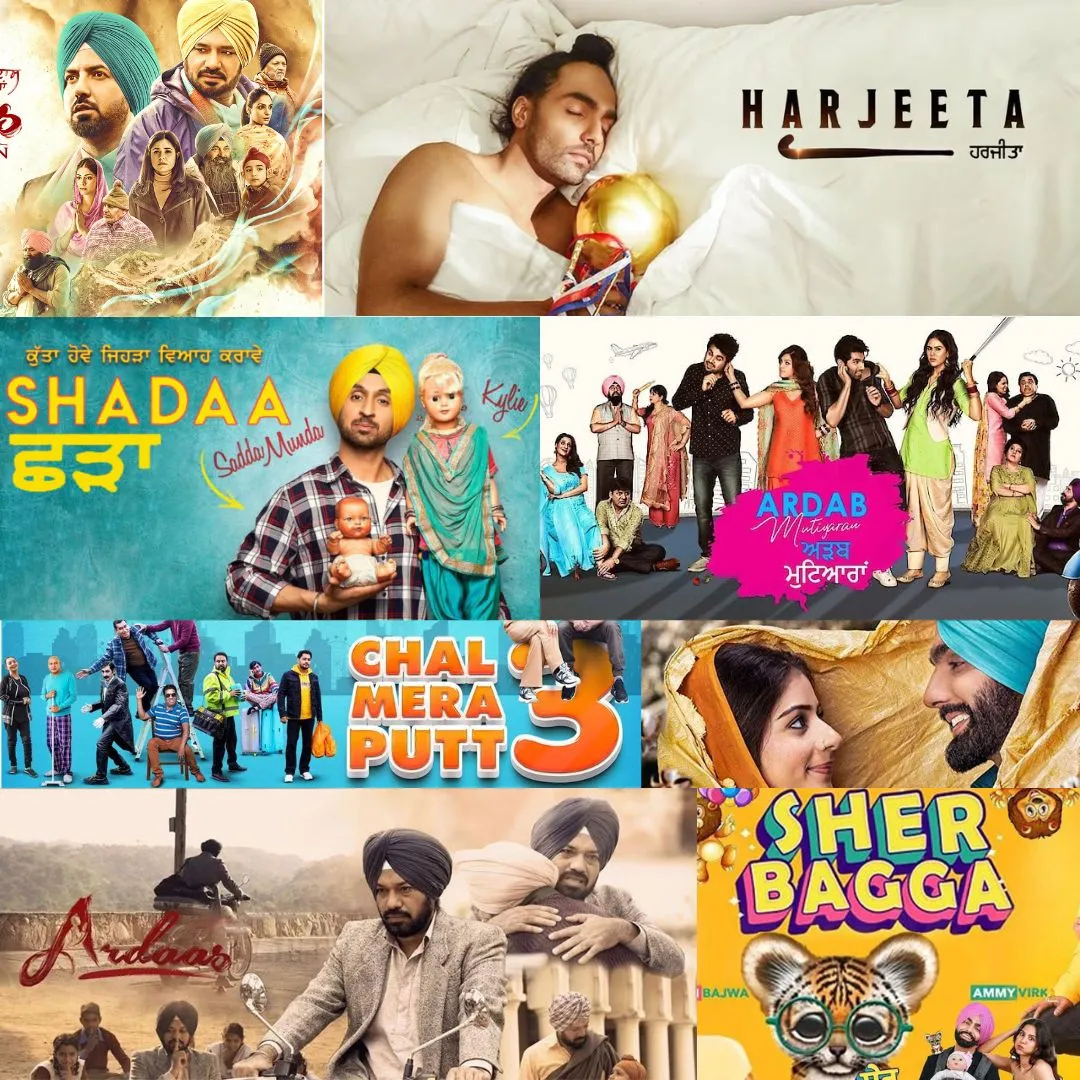
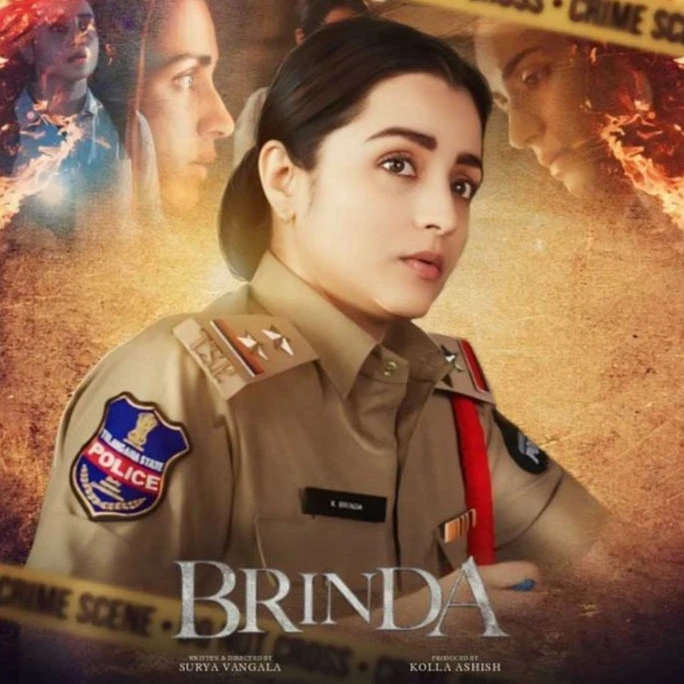
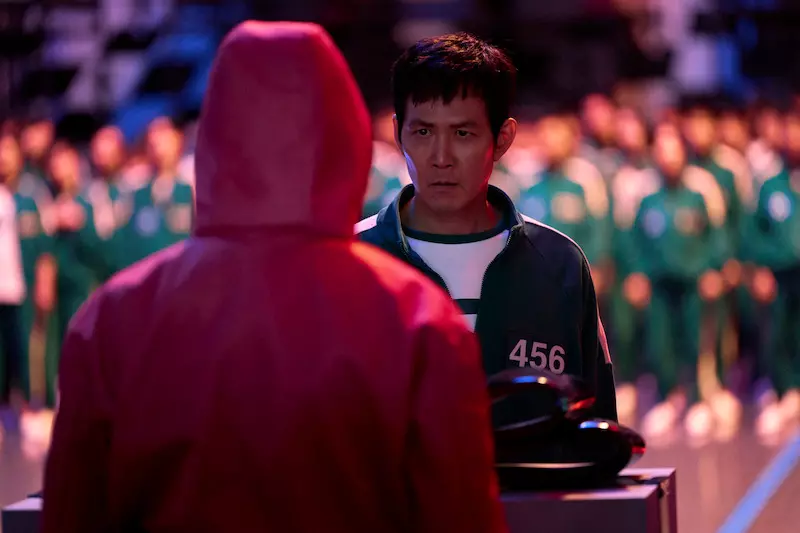
_1735214375.webp)

